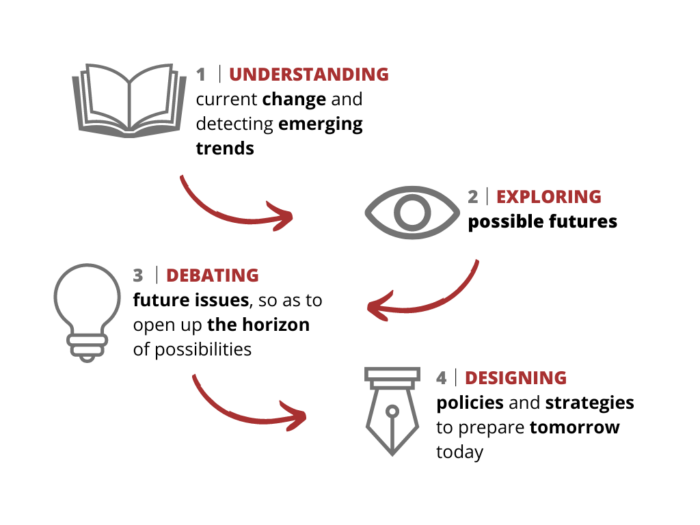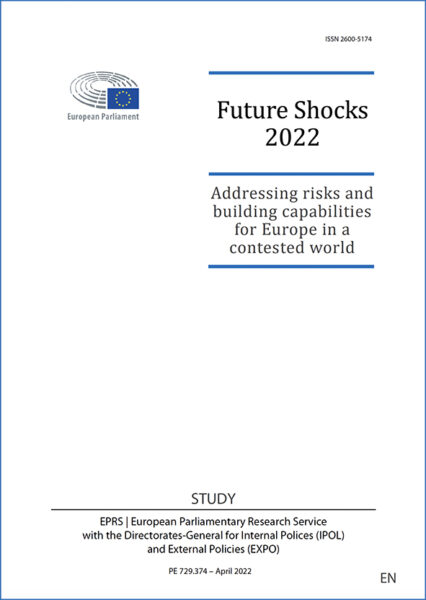This May-June issue of Futuribles comes out a few weeks before the European elections that will lead to a renewal of the EU parliament and the arrival of new representatives of the European citizenry, who should be sitting until 2024. Preparations for these elections are taking place in a particular context: foot-dragging around the details of Brexit, rising populism, migratory pressures, a tense international context etc. And, like previous elections, there is a danger they will serve as a pretext for the settling of national quarrels rather than the discussion of shared European political issues.
This is a great pity since, as Jean-François Drevet stresses in this 100th European column, the issues are very real and there are still reasons to believe in Europe. This is the case at the institutional level where, despite some cases of deadlock, the Union has shown unexpected juridical resilience with respect to the test of Brexit; it is also the case in terms of sovereignty, where some policies (for example, around tax) have revealed their limitations when restricted to the national level.
The sphere of foreign policy remains, where there are more potential stumbling blocks and the lack of strategic vision and unity of action are still all too evident. But, were there to be a genuine effort to educate the public on the part of the pro-European parties, showing the citizens what the (current and potential) strength of the Union consists in, then the glimmer of a possibility of resolving a number of their problems could emerge through a change of the level at which political power is exercised.



